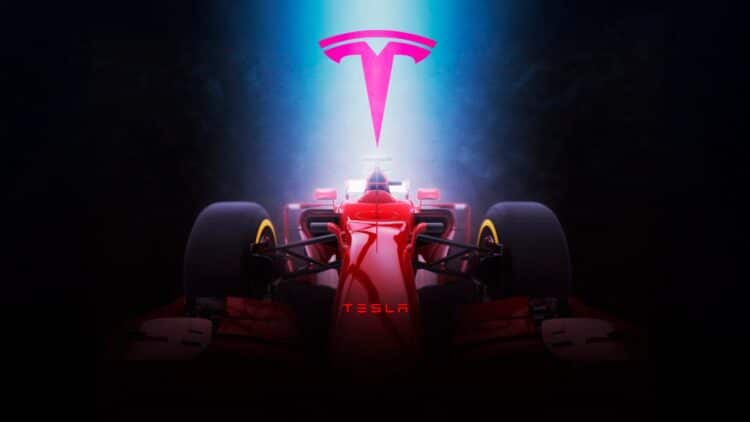Imagine a Grand Prix where two worlds race side by side: on one side, roaring combustion engines; on the other, the silent power of electric cars. That’s the bold idea Elon Musk casually suggested after the Canadian Grand Prix. The billionaire wants to pit two fuel eras against each other in a showdown that could shake up motorsports. If it’s up to him, the EV vs. hybrid debate won’t stay online — it’ll hit the F1 track in front of the whole world.
Elon Musk’s unexpected challenge
The proposal came after the Canadian Grand Prix, when Musk replied to a video posted by F1’s official account on X (formerly Twitter). The clip showed a battle between hybrid cars. Musk’s reply? “Let’s do a race between a pure EV and a gas hybrid.”
To many observers, it felt like more than just a passing suggestion — it was a bold challenge. An invitation to rethink what the future of motorsports might look like in a world increasingly focused on sustainability and environmental responsibility. Elon Musk, after all, has built a global reputation for turning ambitious, forward-thinking concepts into tangible innovations, especially when it comes to advancing cleaner energy solutions and pushing the boundaries of next-generation technology.
Tesla, his flagship company, has been pushing performance boundaries for EVs. Models like the Tesla Model S Plaid have already outpaced traditional supercars in drag races. But seeing an electric car compete with a real F1 car, on the same track, would be something entirely new — and historic.
Why this idea is making waves
As bold and unexpected as it seem, Elon Musk’s challenge raises a deeply relevant and timely question: what is truly next for fueling the future of motorsports? Even with its ongoing hybrid innovations, Formula 1 continues to rely on gasoline-powered engines. At the same time, fully electric vehicles are rapidly gaining more popularity and credibility in other racing series, especially in the growing Formula E championship.
Musk isn’t demanding a full replacement of current technology — rather, he’s proposing a direct and meaningful comparison. In essence, it would be a head-to-head race between today’s combustion-powered present and the rapidly evolving electric future, potentially revealing that the next era of motorsport is far closer than many have imagined.
It also bridges different fanbases. Old school F1 fans love the sound and adrenaline of combustion engines. Tech enthusiasts seek speed through efficiency and innovation. A race like this could unite both audiences and show there’s room — and power — in both approaches.
What if this race actually happens?
Although the proposal remains informal, it carries potential and has already encouraged serious conversations. The idea has sparked discussions among motorsport fans and analysts about what would be needed to make it happen — from adapting technical regulations and selecting a neutral racetrack to figuring out how to ensure fair and balanced competition between such fundamentally different vehicle technologies.
Would it be an exhibition? A side event during an official F1 weekend? Or perhaps a brand-new experimental format? Nothing’s confirmed, but just having the conversation is already shaking things up.
We can say that Formula 1 is already preparing for some changes. In 2026, it’s set to adopt fully sustainable fuels and Musk’s proposal could accelerate discussions on even bolder transformations. In the end, this isn’t just about Tesla’s speed — it’s about shifting mindsets. What if racing thrills could also be electric?
Elon Musk has reignited creative tension in motorsports. His EV vs. hybrid race idea stirs curiosity, challenges the status quo, and draws new attention to a future-ready conversation. If Formula 1 ever considers such a challenge, the next Grand Prix might not just be another race — it could mark a powerful turning point between two eras of the sport.


